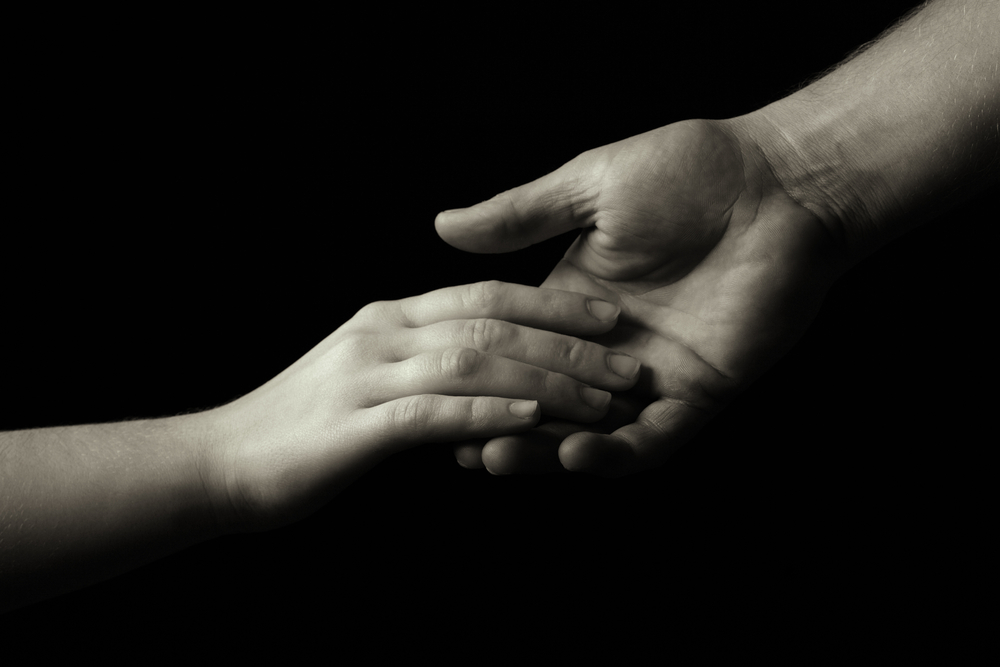Thanks to Caregivers Who Share Our MS Load
Written by |


The MS load we carry is heavy. Some of us, unfortunately, must carry it alone. But many of us are fortunate to have someone with whom we can share the weight.
It’s National Family Caregivers Month and a new survey shows just how heavy that load can be. Caregivers, it will come as no surprise, are carrying their own problems and needs.
Here are some of the key findings of that survey. It was sponsored by EMD Serono, which makes Rebif, as well as many non-MS drugs.
- Nearly half (49%) of unpaid caregivers surveyed have feelings of depression.
- Nearly half (45%) of unpaid caregivers surveyed feel that their physical health has suffered as a result of their caregiver duties.
- Nearly half (45%) of unpaid caregivers surveyed often don’t have time to book or attend medical appointments for themselves.
- 41% of female unpaid caregivers report that being a caregiver has put pressure on their financial situation, as compared to 28% of male caregivers.
- Almost half (47%) of female unpaid caregivers do not feel supported at all by the local community, and a third (33%) of unpaid caregivers do not feel supported at all by their local health system. Just 40% of unpaid caregivers feel supported by their employer in their role as a caregiver.
No surprise there, nor in the depression and health problems that were reported. I am surprised, however, that the percentage of caregivers reporting these problems wasn’t higher.
Caregivers shouldn’t have to go through this alone. Just as there are support groups for MS patients, there are organizations supporting caregivers. They include:
- Caregiver Action Network
- Carers Australia
- Carers UK
- Carers Worldwide
- Eurocarers
- National Alliance for Caregiving
- International Alliance of Carer Organizations
- Shanghai Roots & Shoots, China
I’ve found some of the best resources for caregivers, however, are the personal blogs that are written by caregivers themselves. Here are a few that I’ve stumbled upon. Not all of these are specific to MS, and some are no longer active, but they all contain good information:
- Healthcare Journey/caregiver
- MS Caregiver Sharing
- The Caregivers Living Room (Australia)
- ArtsieSeph’s Junior Caregiver’s Guide (Young caregiver)
- Caregivingly Yours (A man with lung cancer cares for his wife with MS)
And the National MS Society has published A Guide for Caregivers that’s chock full of good tips.
But, sometimes all of the blogs and guides in the world might not be of much help to a caregiver who feels depressed. It may take a patient to provide the best medicine. Here’s the start of “An Open Letter to My Caregivers” that I discovered on the Life with an Illness blog, written by Mackenzie:
“Having a chronic illness, a lot of people have vanished in my life, but you have never left my side. You have seen me through the good times and you haven’t left my side through the dark times.”
Whether you’re a caregiver or a patient, it’s worth your while to go to Mackenzie’s blog and read the whole letter. Then, ask yourself when the last time was that you thanked the person, or people, who help you make it through your day.
You’re invited to follow my personal blog at www.multiplesclerosisnewstoday.com
***
Note: Multiple Sclerosis News Today is strictly a news and information website about the disease. It does not provide medical advice, diagnosis, or treatment. This content is not intended to be a substitute for professional medical advice, diagnosis, or treatment. Always seek the advice of your physician or other qualified health provider with any questions you may have regarding a medical condition. Never disregard professional medical advice or delay in seeking it because of something you have read on this website. The opinions expressed in this column are not those of Multiple Sclerosis News Today, or its parent company, Bionews Services, and are intended to spark discussion about issues pertaining to multiple sclerosis.



ArtsieSteph
Thank you for sharing my caregiver's journal! It's really nice that my musings get to help other people who are also sharing the load of cancer.